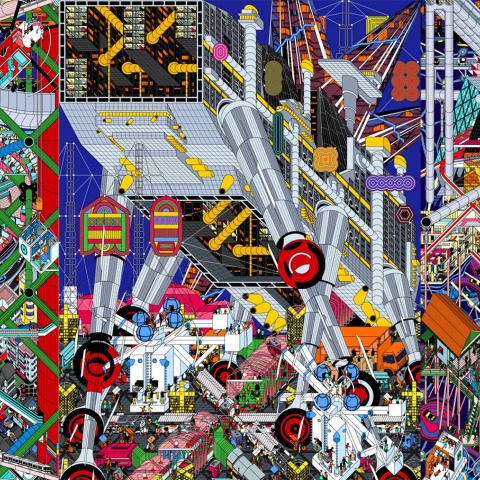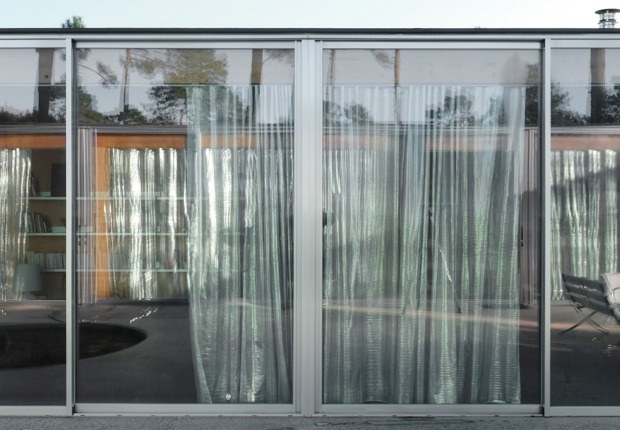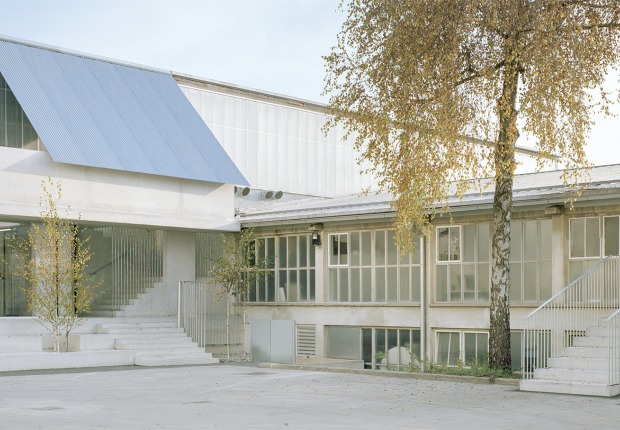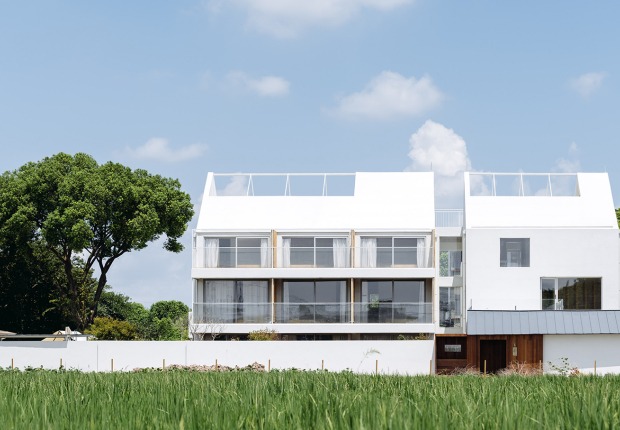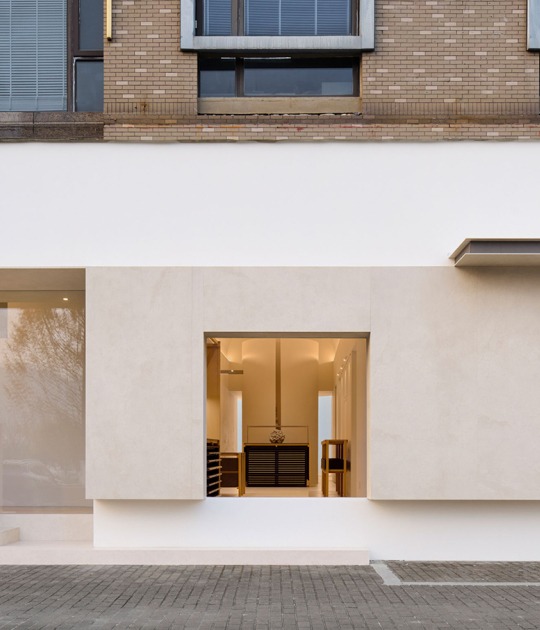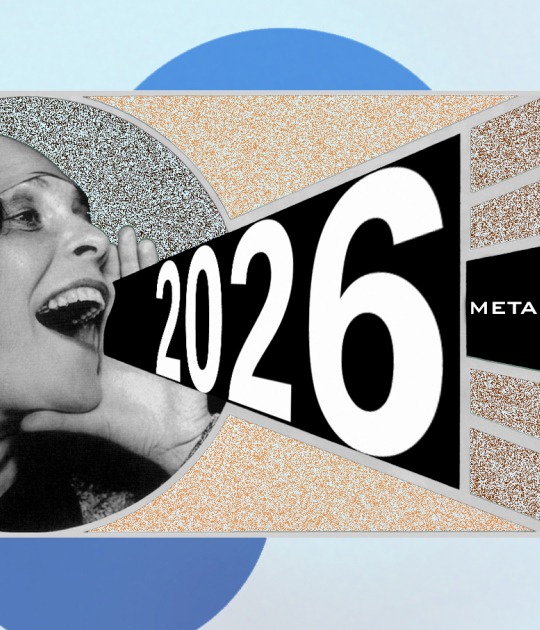The last five decades have, however, shown the broader influence and relevance of Archigram’s speculative projects. As one of the earliest to explore architecture’s engagement with transformations in urbanism, technology, and popular culture, and to address the rise of the user-consumer in a globally interconnected and hyper-mediated world, Archigram left an indelible mark on how architectural practice is understood in relation to society. This is evident in the work of generations of practitioners both within and outside architecture.
To mark this occasion, M+ is organising a series of events—online and offline—in November 2020, in collaboration with the Department of Architecture at the University of Hong Kong and the Power Station of Art in Shanghai. Titled Archigram Cities, the events embed the Archigram archive in its new home and introduce Archigram’s work to new audiences, through encounters between members of the Archigram group and architects, scholars, students, and the wider public from Hong Kong, mainland China, and elsewhere.
The programme is part of M+ Matters, a series of discussions that informs the museum’s curatorial approach, as well as M+ International, a platform for partnership with institutions around the world that addresses shared interests and challenges. In this collaborative framework, Archigram Cities proposes to expand readings of Archigram’s practice with transnational and cross-disciplinary perspectives.
